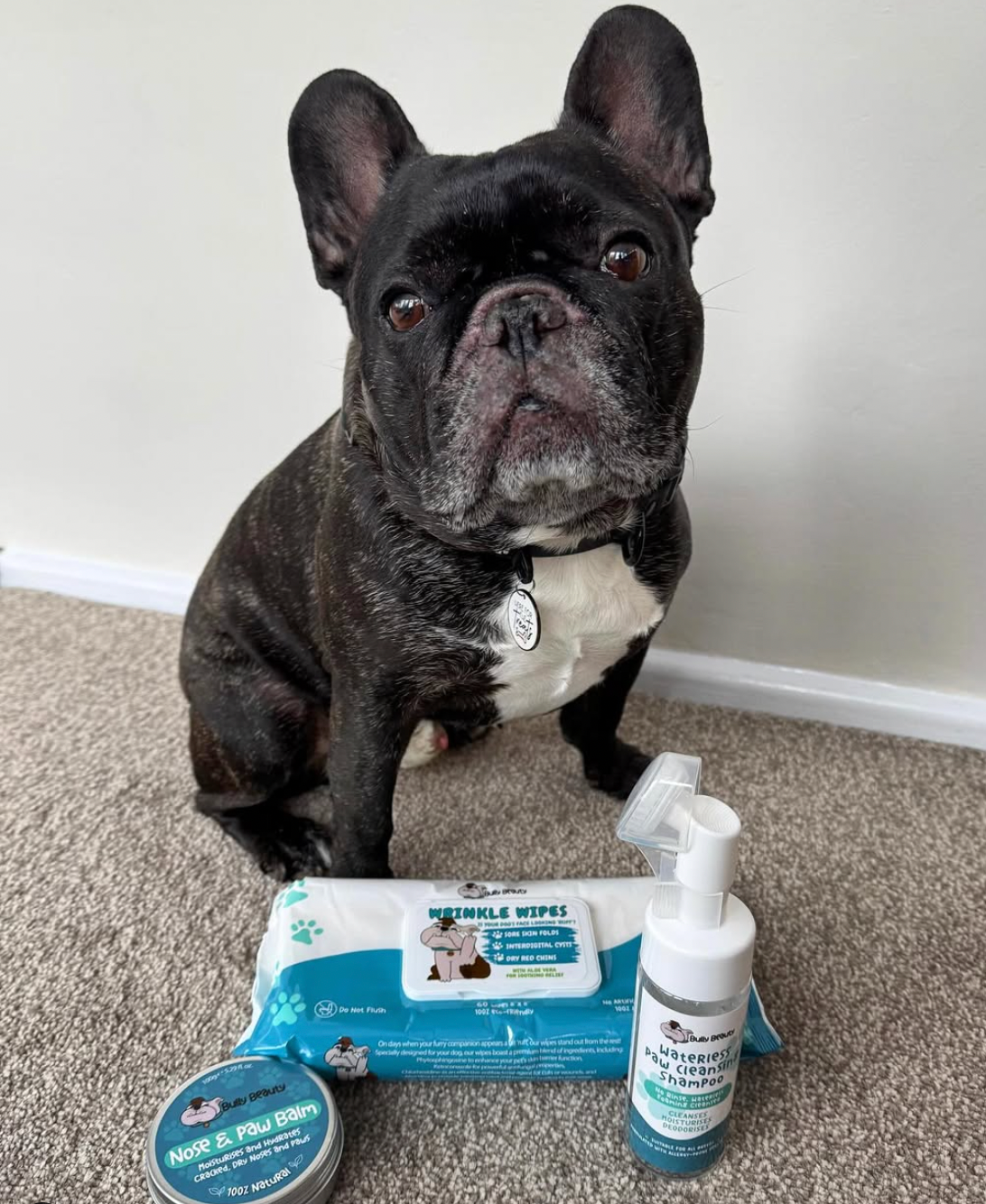
Join Our Affiliate Program and Start Earning Today!
What Is an Affiliate Program?
An affiliate program lets you earn money by promoting products you love. Simply share a unique link, and you’ll receive a commission on every sale made through that link. It’s a simple and effective way to monetize your influence.
Why Join Our Program?
High-Quality Products: Promote natural, high-quality products that you can feel good about recommending.
Generous Commissions: Earn competitive commissions on every sale you generate.
Simple to Start: Signing up is quick, easy, and free. Once approved, you’ll get access to all the tools you need to succeed.
How It Works:
Sign Up: Join our affiliate program for free.
Promote: Share your unique affiliate link with your audience.
Earn: Get paid for every sale made through your link.
Ready to get started? [Sign up here] and start earning today!
